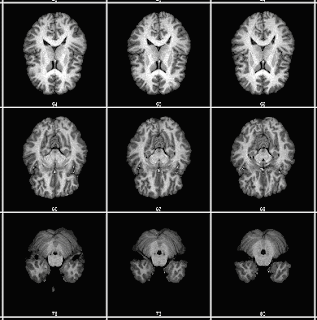Neighbors in October

Taking a few minutes to look for a nice, fall poem, I found "Neighbors in October" by David Baker, and also that picture. Baker has been described as the poet of the Midwest to replace James Wright. Though their styles are different, the similarities can be mapped and Wright's influence certainly felt in poems like this one. Born in Maine and growing up in Missouri, he is an English professor and the poetry editor for the Kenyon Review. I had the opportunity to meet and get to know David for one week at the Kenyon Review Writers Workshop in 2008.
It was an intense week of writing and discussions that ultimately cemented my love for poetry and instilled some confidence that if I kept working, maybe something could happen...as in, maybe I could become a teacher, like him, who in a week had opened up so many doors to writing that at what had first felt like a studio apartment I was becoming bored with quickly, now was an apartment complex with attractive neighbors, ugly men on the stoop, and someone above me always dropping things.
The poem "Neighbors in October" does not knock you off your feet with an extreme image or unforgiving syntax (though the lines "And how like a field is the whole sky now/that the maples have shed their leaves, too." is a little disjointed from the rest of the poem), but it places people in a context that allows me to visit them for a moment and leave knowing it was real. Charles Simic and James Tate are two of my favorite poets because of their strangeness; in this poem, and in much of Baker's work, the unassuming speaker carries me with him/her and I am drawn to it because it is familiar to me--but familiar without that negative connotation of dullness. I'm excited; I know what these people are gearing up for...and if you live in a place preparing for winter, you know it, too.


